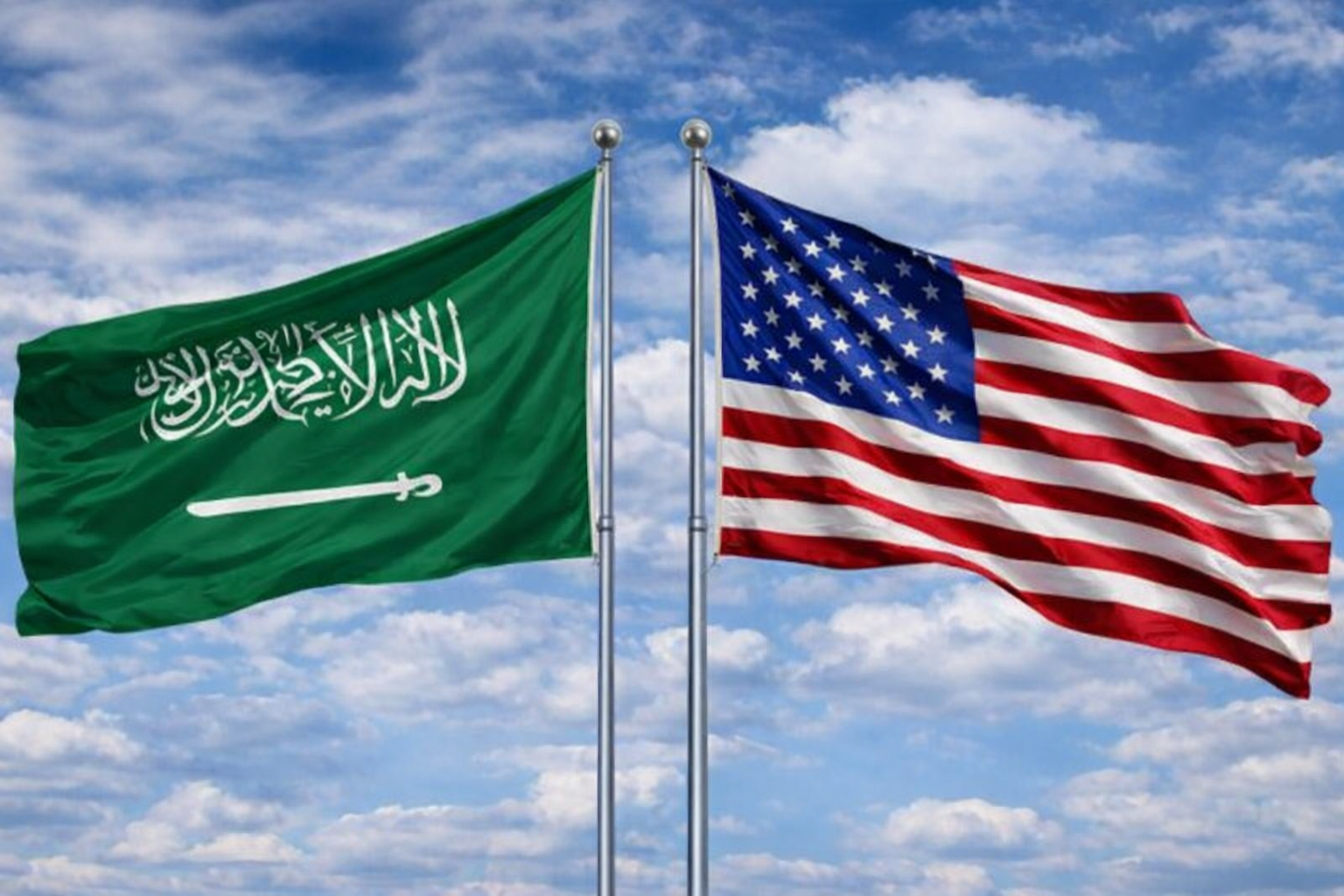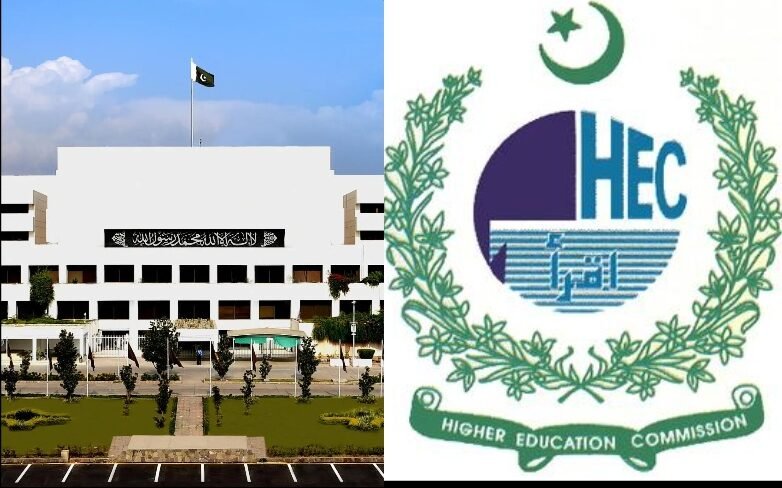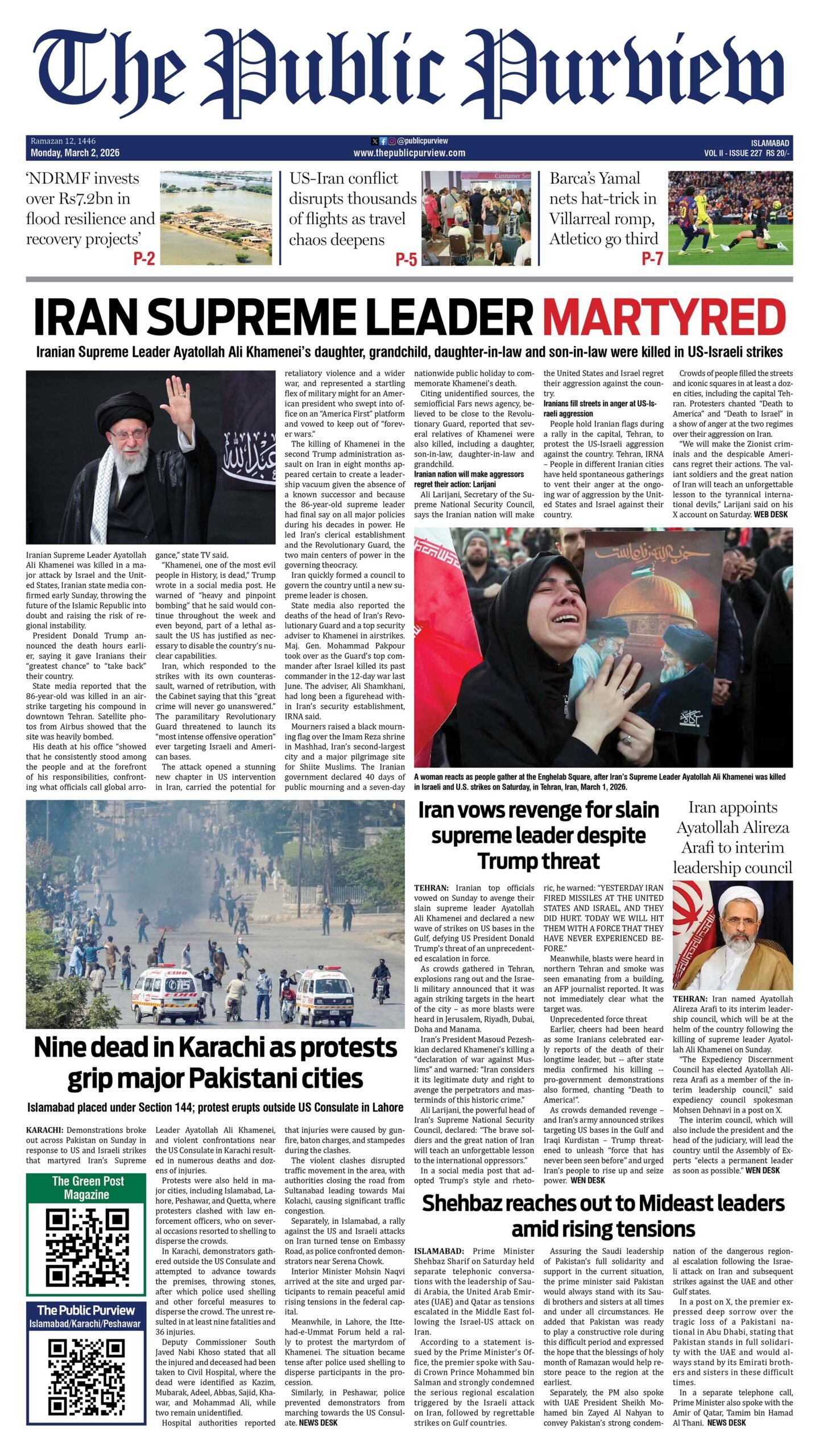In the world’s political and economic landscape, new centers of power are emerging, old alliances are changing, and angles of interest are being established on new lines. Pakistan, which has always been at the center of global power due to its geographical importance, natural resources, and ideological foundation, is today standing at a crossroads where it faces the most difficult test of balancing the traditional foreign policy of the past with new global demands.
It is a historical fact that since its inception, Pakistan has always based its foreign policy on the principle of “survival.” During the Cold War, when the world was divided into two major blocs—the United States and the Soviet Union—Pakistan initially joined agreements like SETO and CENTO as part of the Western bloc. In return, it received military and economic assistance, but it also had to pay the price of sovereignty.
Later, efforts were made to improve relations with Russia, but the war in Afghanistan once again made Pakistan a frontline ally of American policies. This was the period when Pakistan allowed its territory to be used for the interests of global powers, but later the effects of these same policies shook the country in the form of terrorism, mistrust and economic crisis. But with time, the scenario changed.
Pak-China Friendship and CPEC Development
Pakistan’s relations with China took on a new dimension. Pak-China friendship was established on a solid foundation not only in defense but also in economic cooperation. CPEC is a practical manifestation of this relationship that has given new energy to the country’s economic development and the trade prospects of the region. China’s cooperation has opened doors for development in the fields of energy, communications, agriculture and technology. President Asif Ali Zardari rightly said that “friendship with China is the main pillar of Pakistan’s foreign policy”.
But the question is, can Pakistan maintain this friendship while maintaining a balance of relations with other global power centers?
Balancing Relations with China, Russia, the US and Europe
This is the point where contradictions arise. On one hand, Pakistan wants to maintain close ties with China and Russia — energy projects and trade agreements with Russia are in the pipeline, while the second phase of CPEC with China has already begun — on the other hand, Pakistan is busy rebuilding its relations with the US and European countries.
Prime Minister Shehbaz Sharif’s recent visit to Azerbaijan, Finance Minister Muhammad Aurangzeb’s statements at economic forums, and President Zardari’s meetings with the vice presidents of Qatar and China — all reflect this new diplomatic strategy where Pakistan wants to balance its weight in multiple directions. However, the biggest challenge for Pakistan in the changing political trends of the world is not to let the line between trade, investment and sovereignty blur.
Regional Connectivity and Ideological Challenges
The growing trade and regional connectivity projects with Central Asian countries such as Kazakhstan, Azerbaijan, Uzbekistan and Turkmenistan are certainly welcome. Cooperation with Azerbaijan is taking place in the fields of defense, energy and education. But when one of these same countries, like Kazakhstan, hints at joining the US-brokered Abraham Accords — that is, normalizing relations with Israel — the question arises: where does Pakistan stand on its ideological basis?
Dual Balance in Pakistan’s Foreign Policy
These two aspects of Pakistan’s foreign policy—on the one hand, its commitment to the China-Russia bloc, and on the other, its trade relations with the United States and Europe—require a dual balance in which even a slight slip can bring Pakistan to a dead end. Be it negotiations with Afghanistan or border issues mediated by Qatar and Turkey, Pakistan is playing a role in which a combination of trust, strategy, and autonomy is indispensable. But when the nation itself is suffering from economic crisis, unemployment, and distrust at the domestic level, even these major foreign policy decisions cannot yield the desired results.
Soft Power and Global Competition
It is also worth noting that global powers are currently playing with the weapons of soft war—capital, technology, defense agreements, and media influence. The scope of regional agreements between the United States and Israel is expanding to Central Asia, China is carving out new paths through its Belt and Road Initiative (BRI), and Russia has returned to the game of power through energy and defense. In such a situation, the real wisdom for Pakistan is not to become a “wheel” of any bloc, but to shape its role as a commercial and geographical center (Geo-Economic Pivot).
National Dignity and Economic Self-Sufficiency
History is a witness that nations that lose their strategy in the wars of others, lose control over their own future. This is a moment of reflection for Pakistan. If the axis of foreign policy is only temporary benefits and financial assistance, its results will be temporary. But if this policy is based on national dignity, economic self-sufficiency and joint development of the region, then Pakistan can not only strengthen its foreign position but can also play an active and dignified role in world politics.
The Test of Balance and Sovereignty
In the end, the question is the same — will Pakistan be able to maintain a balance between its historical friendships and recent agreements that will make it stand before the world as an independent and sovereign state? Or will it once again stake its future at the expense of someone else’s interests in this game of global contradictions? Time will tell, but history will surely remember that Pakistan had the opportunity—if only for strategy and determination.
Unity and Balance as the Key to Success
“The weight of unity in politics and balance in foreign policy — this will be the real success of Pakistan’s new era.”
Read more expert opinions here: https://thepublicpurview.com/category/blog/
For climate-related stories, visit: The Green Post







 Today's E-Paper
Today's E-Paper